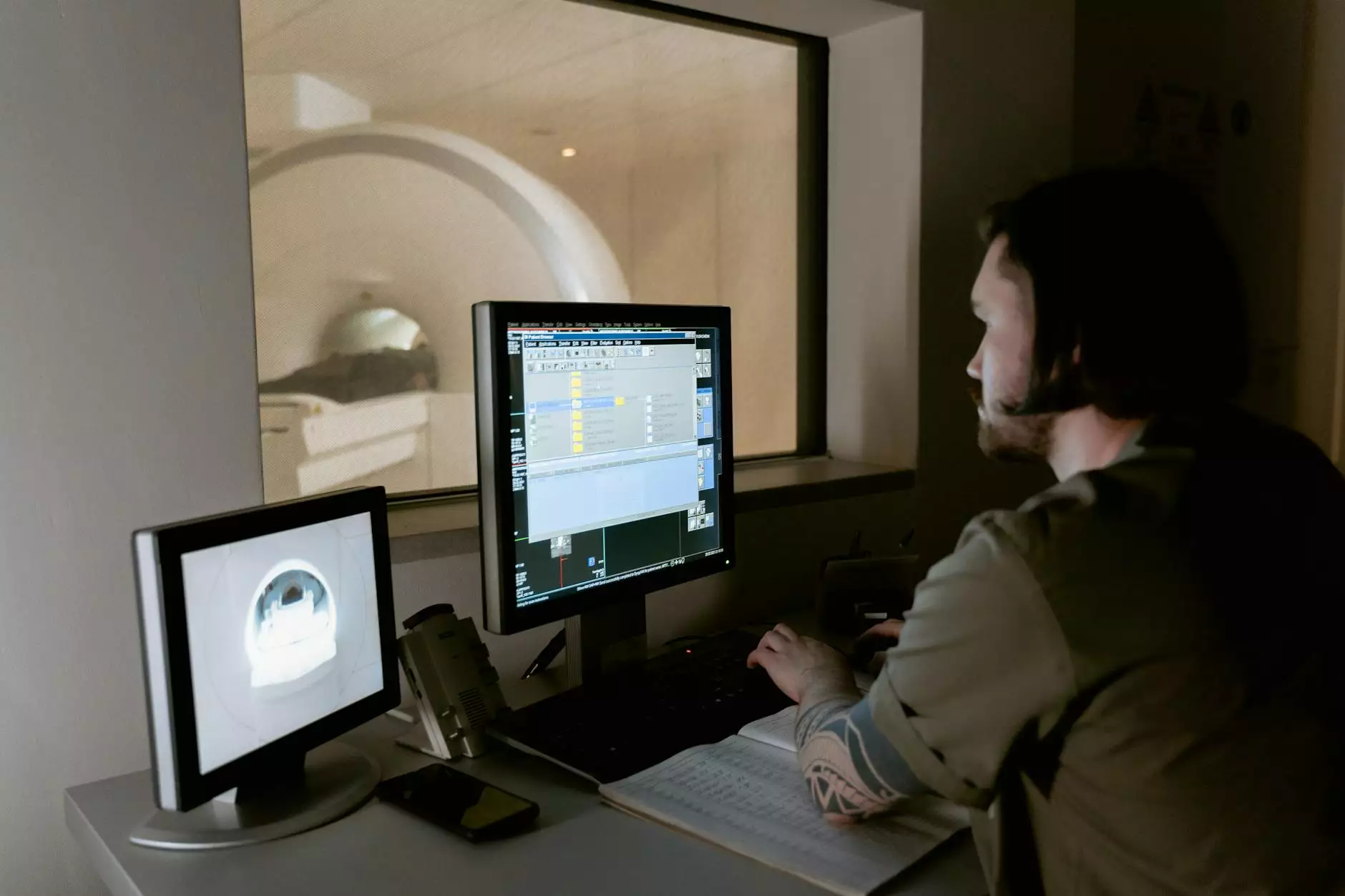Using Contrast Dyes in CT

The Importance of Contrast Dyes in CT Scans
When it comes to diagnostic imaging, CT scans (computed tomography) play a vital role in helping medical professionals gain valuable insights into various health conditions. A CT scan uses a combination of X-rays and advanced computer technology to produce detailed cross-sectional images of the body. By using contrast dyes, CT scans can provide even more detailed information about the specific area being examined.
Understanding Contrast Dyes
Contrast dyes, also known as contrast agents or contrast media, are substances injected into the body to enhance the visibility of blood vessels, organs, or tissues during a CT scan. These dyes contain chemicals that create a contrast between different body structures, making it easier for radiologists to identify abnormalities or diagnose certain medical conditions.
Benefits of Contrast-Enhanced CT Scans
Contrast dyes enhance the diagnostic capabilities of CT scans in several ways:
- Improved Visualization: By highlighting specific areas or structures, contrast dyes help radiologists detect tumors, infections, inflammation, or blockages that may not be visible on conventional scans.
- Accurate Diagnosis: The use of contrast dyes enables medical professionals to accurately identify and differentiate between different types of tissues or abnormalities, leading to more precise diagnoses.
- Enhanced Treatment Planning: Contrast-enhanced CT scans provide detailed information that aids in planning appropriate treatments, surgical procedures, or targeted therapies.
Risks and Common Concerns
While contrast dyes are generally considered safe, it's important to be aware of potential risks and common concerns associated with their use:
- Allergic Reactions: Some individuals may experience an allergic reaction to the contrast dye, particularly if they have a history of allergies or previous reactions to similar substances. It's crucial to inform your healthcare provider about any known allergies or sensitivities.
- Kidney Function: In rare cases, certain types of contrast dyes may affect kidney function, especially in individuals with pre-existing kidney problems. Your healthcare provider will evaluate your kidney function before recommending a contrast-enhanced CT scan.
- Pregnancy: If you are pregnant or suspect you might be, it's essential to notify your healthcare provider beforehand, as the use of contrast dyes during pregnancy may pose potential risks to the developing fetus. Your healthcare provider will assess the benefit versus the risk and determine the best course of action.
Preparing for a Contrast-Enhanced CT Scan
Prior to your CT scan, it's important to follow any specific instructions provided by your healthcare provider. These instructions may include:
- Fasting: Depending on the area being scanned, you may be required to refrain from eating or drinking for a certain period before the procedure.
- Medication Adjustments: Inform your healthcare provider about any medications you are currently taking. They may advise you to temporarily adjust or stop certain medications to ensure accurate results.
- Metal Objects: Remove all metal objects, such as jewelry, piercings, or removable dental work, as they can interfere with the CT scan images.
Conclusion
Contrast dyes are valuable tools in modern medicine and significantly enhance the diagnostic capabilities of CT scans. By facilitating improved visualization and accurate diagnosis, they aid medical professionals in providing the best possible care for their patients. If you have any concerns or questions regarding contrast-enhanced CT scans, don't hesitate to consult your healthcare provider. Your well-being and safety are of utmost importance.
Foley James D MD | Health




